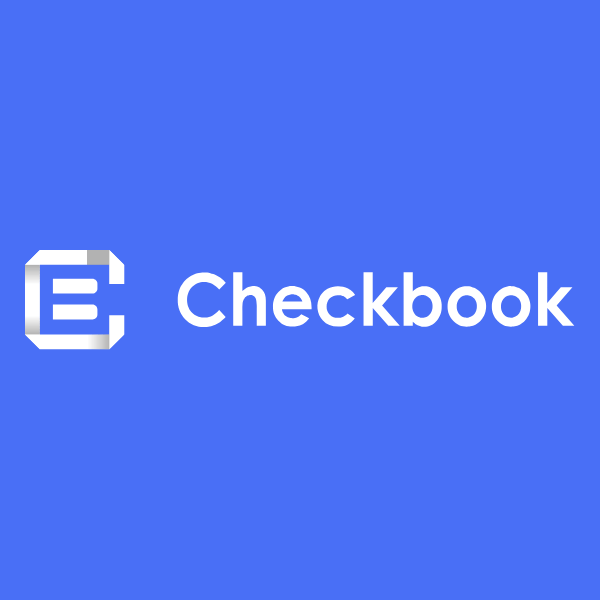Checkbook

Checkbook: A Modern Push Payments Platform for Scalable Disbursements
Checkbook is a U.S.-based payment processor that offers a versatile, API-driven platform designed to simplify and accelerate business-to-consumer (B2C) and business-to-business (B2B) payments. By replacing traditional paper checks and outdated ACH-only workflows, Checkbook enables businesses to disburse funds instantly and securely through multiple payment rails, including Digital Checks, Real-Time Payments (RTP), Instant Pay, ACH, Mailed Checks, Printed Checks, and Virtual Cards.
Key Features of Checkbook
1. Digital Checks: The Core Innovation
Checkbook’s flagship product is the Digital Check, a secure, tokenized digital payment that can be sent via email. Recipients do not need to create an account; they simply choose their preferred deposit method upon receipt. This innovation streamlines the payment process, reducing the time and costs associated with traditional paper checks.
2. Multiple Payment Options
Checkbook supports a variety of payment methods to cater to diverse business needs:
- ACH Payments: Push funds directly to recipients’ bank accounts via the Automated Clearing House network.
- Real-Time Payments (RTP): Utilize The Clearing House’s RTP network to deposit funds into bank accounts in less than 60 seconds, available 24/7/365.
- Instant Pay: Send payments instantly to any VISA or MasterCard debit or ATM card using Original Credit Transactions (OCT), ensuring immediate fund delivery without requiring IBAN or BIC numbers.
- Mailed Checks: Send physical checks via USPS for recipients who prefer traditional methods.
- Printed Checks: Generate printable checks that can be deposited using mobile banking apps or in person.
- Virtual Cards: Issue virtual debit cards, allowing recipients to access funds without a bank account.
3. Developer-Friendly API and Dashboard
Checkbook offers a RESTful API and a full-featured online dashboard, providing businesses with the tools needed to integrate and manage payments efficiently. Features include:
- CSV Upload: Send multiple payments simultaneously by uploading a CSV file.
- Third-Party Integrations: Integrate with accounting software like QuickBooks Online and AccountingSeed.
- White-Labeling: Customize the payment experience to match your brand, including colors, emails, and verbiage.
- Marketplace Support: Manage payments between vendors and customers in a PayFac marketplace model.
4. Security and Compliance
Checkbook prioritizes security by storing all production data in a PCI DSS-compliant off-site data center. All server access occurs through encrypted network channels, ensuring the safety and confidentiality of financial data.
Getting Started with Checkbook
- Create an Account: Sign up with your name and email. There are no monthly fees, and you only pay when sending checks.
- Add and Verify Your Bank: Link your bank account through manual entry or instant verification.
- Send Payments: Once verified, you can start sending payments via the dashboard, API, or CSV upload.
Ideal Use Cases
Checkbook is particularly suited for:
- Gig Economy Platforms: Facilitating instant payments to freelancers and contractors.
- Insurance Companies: Disbursing claim payments quickly and securely.
- Marketplaces: Managing payments between buyers and sellers in a white-labeled environment.
- Lending Institutions: Issuing loan disbursements efficiently.
Conclusion
Checkbook stands out as a comprehensive push payments platform that modernizes the way businesses disburse funds. With its array of payment options, developer-friendly tools, and commitment to security, Checkbook offers a flexible and efficient solution for businesses looking to streamline their payment processes.